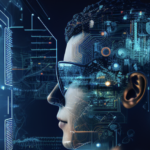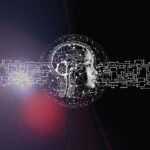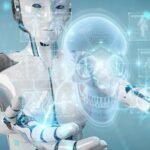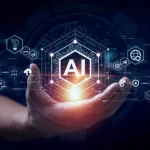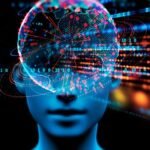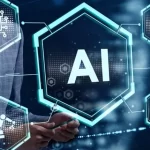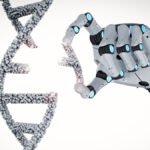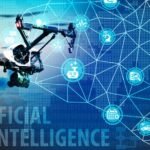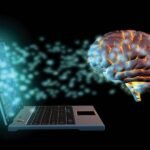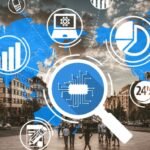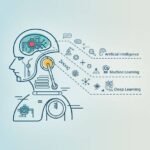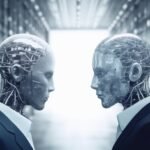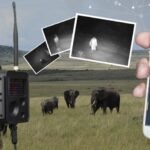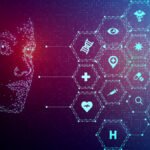Surveillance and Mass Monitoring
/ /
In an era where technology permeates our daily lives, surveillance and mass monitoring have become hotly debated topics. Facial recognition technology, in particular, has revolutionized surveillance capabilities, allowing for the rapid identification and tracking of individuals. However, this advancement comes with significant implications for privacy and civil liberties. In this blog post, we delve into the challenges and ethical considerations surrounding surveillance and mass monitoring, focusing on the impact of facial recognition technology.
- The Rise of Facial Recognition Surveillance: Discuss the growing prevalence of facial recognition surveillance systems in various sectors, such as law enforcement, transportation hubs, and retail spaces. Highlight the potential benefits, including improved security, crime prevention, and enhanced public safety. Emphasize the need to strike a balance between these benefits and the potential risks to individual privacy.
- Privacy Concerns in a Surveillance State: Examine the concerns associated with pervasive surveillance and mass monitoring. Discuss the potential erosion of personal privacy, the chilling effect on free expression and assembly, and the impact on individual autonomy. Explore the psychological implications of living in a surveillance society and the potential consequences for social dynamics.
- The Power of Facial Recognition Technology: Explain how facial recognition technology has transformed surveillance practices. Discuss its ability to analyze vast amounts of data, track individuals in real-time, and identify people from images or video footage. Address the challenges associated with the accuracy and reliability of facial recognition algorithms and the potential for false positives or negatives.
- Government Surveillance and Civil Liberties: Explore the tension between government surveillance efforts and the protection of civil liberties. Discuss the legal frameworks and checks and balances that should be in place to ensure accountability, transparency, and oversight in the use of facial recognition technology by government agencies. Examine landmark court cases and legislation that have shaped the debate.
- Potential for Abuse and Discrimination: Address the ethical concerns related to the potential misuse and abuse of facial recognition surveillance. Discuss the risks of unchecked surveillance powers, including profiling, targeting marginalized communities, and suppressing dissent. Highlight notable instances where facial recognition technology has been criticized for perpetuating biases and the need for robust safeguards against such discrimination.
- Public Perception and Trust: Explore public perceptions of facial recognition surveillance and its impact on trust. Discuss surveys, polls, and public opinion regarding the acceptability of facial recognition technology in various contexts. Address the importance of public discourse, engagement, and the inclusion of diverse voices in shaping surveillance policies and practices.
- Striking a Balance: Privacy, Security, and Regulation: Examine strategies for striking a balance between privacy and security concerns. Discuss the need for clear and comprehensive legislation, regulations, and guidelines to govern the use of facial recognition technology. Highlight international efforts, best practices, and emerging technologies aimed at preserving privacy while maintaining security.
- Exploring Alternative Solutions: Discuss alternative approaches to surveillance and mass monitoring that respect privacy while addressing security needs. Explore privacy-enhancing technologies, such as anonymization techniques, differential privacy, or decentralized systems. Highlight the importance of incorporating privacy-by-design principles into the development and deployment of surveillance technologies.
Posted in Blogs








